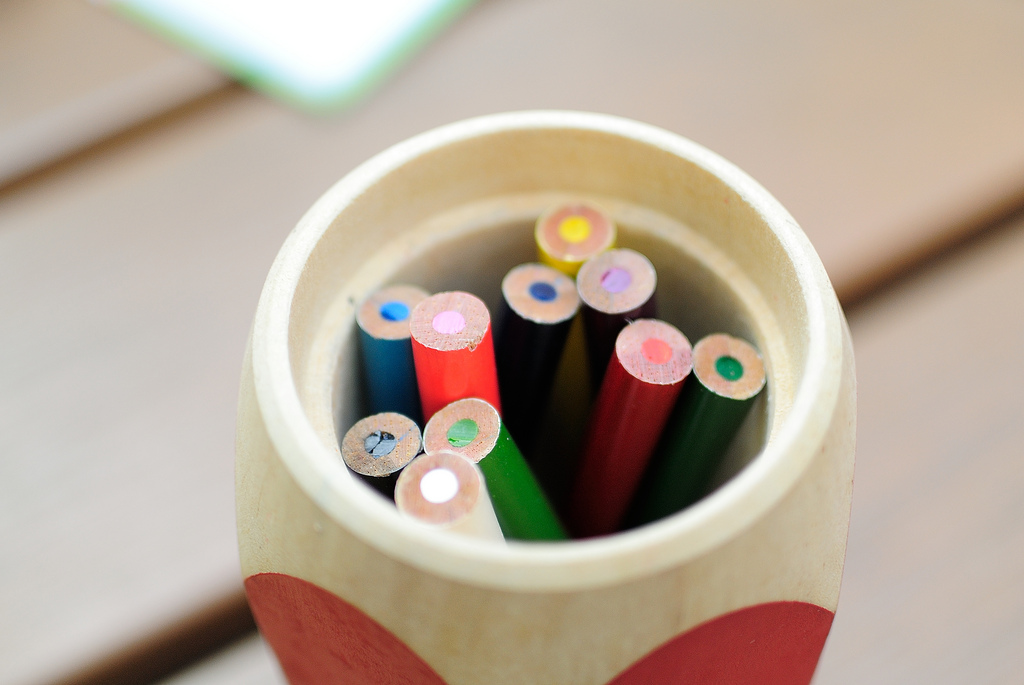The first NSW parliamentary inquiry into home schooling has received more than 300 submissions from parents, government departments, teachers’ unions and lobby groups and it looks set to be a fiery one.
The inquiry was prompted partly because there has been a 40 per cent increase in parents home schooling their children over the past four years but also because of the increasing number of parents who are failing to register their children with the Board of Studies, which is illegal.
December 2013 figures show 3,238 students are currently registered with the NSW Board of Studies, Teaching and Educational Standards (BOSTES) but the Home Education Association (HEA) estimates there are up to 10,000 children who are not registered.
In its submission to the inquiry, the HEA makes the explosive claim that some parents have been bullied, intimidated and threatened by Board of Studies, Teaching and Educational Standards (BOSTES) inspectors, with the result that thousands of children are being home-taught in secret because their parents don’t want them returned to school, often because of bullying.
The HEA’s submission to the inquiry said: “Unfortunately, the HEA is also receiving an increasing number of distress calls from families who have suffered excessive demands and even bullying by Authorised Persons sent to inspect their homes.
“Many families have had detrimental experiences in the registration process. Some families who previously had positive experiences have had negative experiences in more recent times.”
The HEA’s voluminous 240-page submission paints a picture of a group of parents who have a tense relationship with BOTSES, an organisation which they feel does not like or understand them and swamps them with paperwork and narrow curriculum requirements.
The NSW Department of Education concedes in its own inquiry submission that it has no way of knowing how many unregistered children there are in the state.
“Currently there is no system which registers or tracks the movement of children within Australia and across schooling systems. This means there is no reliable way of determining the number of children who are not receiving a compulsory education (including unregistered home schoolers), both in NSW and across Australia,” says the Department’s submission.
Both the NSW Department of Education and the Teachers Federation have said they support the rights of parents to home educate but both bodies have come out and said registration, inspection and monitoring requirements should remain stringent.
The battle for young hearts and minds has already exposed deep divisions between those who firmly believe children should be educated in the state school system and parents who want to home school their children, often because their children have been bullied in school or they have special educational needs.
Home educators themselves are a disparate group, some with strong religious beliefs, while others are completely secular in their approach. Many have teaching qualifications and experience, some have none.
A first hint of the controversy to follow came in June when NSW Greens MP John Kaye – Deputy Chair of the committee leading the inquiry – offended some home educating parents by issuing a press release saying home schooling created “specific welfare and learning outcomes risks” and that children could “end up trapped in abusive settings or left without appropriate learning opportunities”.
He provoked further fury by saying that some parents might be able to education some children at home “but there is no evidence that adults without professional training can provide quality instruction”.
Christian Democratic Party leader Reverend Fred Nile called for the inquiry, which will explore the motivations, outcomes, regulation and costs of home schooling, partly because home school parents had told him they felt unsupported by the government and that registration had become too onerous since 2013.
NSW Christian Democratic Party MP Paul Green, who is chairing the inquiry, said home schooling was a controversial topic.
“It’s a belief system (some people have) that every child should be in a state school that’s accountable with the expertise at hand and that people shouldn’t be in home schooling,” Mr Green said.
Mr Green said he hoped the inquiry would dispel prejudices some people had against home schooling and provide more support to parents who chose to home school.
“If the goal, truly, is to ensure that our kids are getting the right to education surely we should be encouraging anything that may deliver that, whether it’s home schooling, faith schools or the NSW education system,” Mr Green said.
“I think we’re going to see an increase in this, that people are pulling their kids out of school because they just don’t like the bullying coming from social media. Home schooling look like it’s going up, not down.”
Submissions to the inquiry closed on August 8 but there are two public hearings on September 5 and 8. The inquiry is expected to report in November.
The largest numbers of home schooling families are in Outer West Sydney and the Blue Mountains and Inner South West, followed by the Central Coast, the Capital Region and the Richmond-Tweed area.
Parents have different motives for home schooling their children but the most frequently cited, during BOSTES data collection, are philosophical choice followed by special learning needs and religious reasons. The category of “other” is also frequently selected and parents go onto specify dissatisfaction with school, bullying at school, distance from school, and/or short-term medical issues.






Leave a Reply